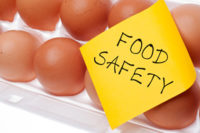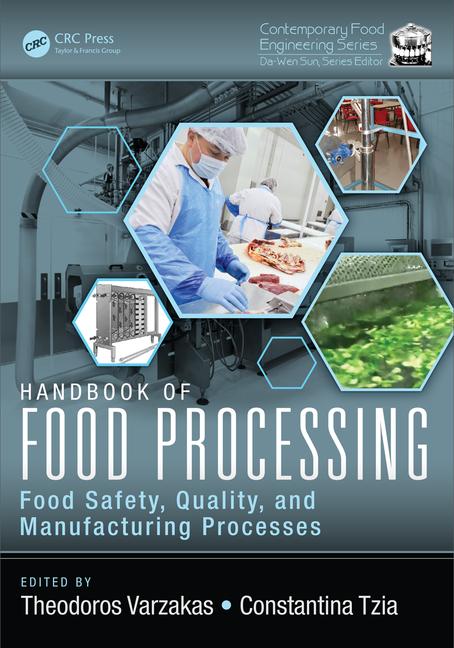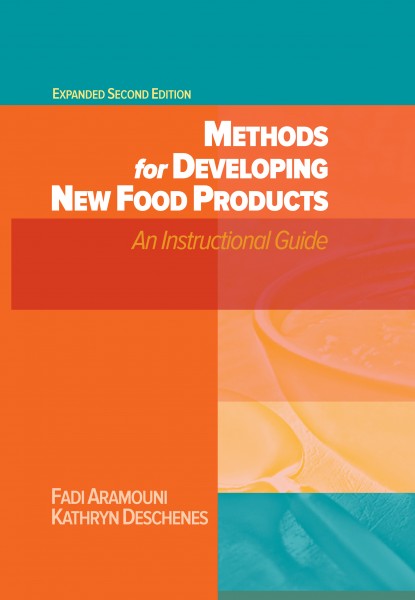FDA Announces Retail Food Safety Action Plan
The FDA unveiled a Retail Food Safety Action Plan that includes measures to help ensure the safety of food sold in stores, restaurants, schools and foodservice operations, and focuses on improving the way managers of such establishments conduct food safety operations in their facilities.
The U.S. Food and Drug Administration’s Retail Food Safety Action Plan features several measures to help ensure the safety of food sold in stores, restaurants, schools and foodservice operations in the United States. The plan also looks at improving the oversight of these establishments by public health agencies at the federal, state and local levels, and calls for strengthening state and local food safety requirements that apply to these establishments and improving the training of personnel.
In support for the Action Plan, the FDA, Washington, D.C., also says it established a cooperative agreement with the National Association of County and City Health Officials (NACCHO), Washington, D.C. Under this agreement, the FDA and NACCHO will promote the use of best practices by local authorities and develop tools to strengthen retail food safety oversight and implement the FDA’s Voluntary National Retail Food Regulatory Program Standards for retail food regulatory programs.
The FDA also announced issuance of a supplement to its 2009 FDA Food Code that includes a new and important recommendation that retail food establishments employ at least one certified food protection manager to ensure adherence to safe practices and standards within the establishment.
Key changes to the code recommendations contained in the new supplement include: Requiring that food establishments have a certified food protection manager on staff; among the established duties of the person-in-charge, that all operating procedures required by the Food Code are developed and implemented; that it can be verified that all employees are informed about their obligation to report certain health conditions that relate to transmission of foodborne illness; and that any food the establishment receives after operating hours is delivered in a manner that does not create a food safety hazard.
In addition, food establishments must have a plan for responding to and properly cleaning up after an employee or other individual becomes physically ill in areas where food may be prepared, stored or served. Among other recommendations, the code changes include stipulations that establishments must also clarify appropriate exceptions to the prohibition of bare hand contact with ready-to-eat foods prepared in the establishment and clarify requirements for the safe storage and display of ground and whole-muscle meat and poultry.
More information is available at www.fda.gov.
The U.S. Food and Drug Administration’s Retail Food Safety Action Plan features several measures to help ensure the safety of food sold in stores, restaurants, schools and foodservice operations in the United States. The plan also looks at improving the oversight of these establishments by public health agencies at the federal, state and local levels, and calls for strengthening state and local food safety requirements that apply to these establishments and improving the training of personnel.
In support for the Action Plan, the FDA, Washington, D.C., also says it established a cooperative agreement with the National Association of County and City Health Officials (NACCHO), Washington, D.C. Under this agreement, the FDA and NACCHO will promote the use of best practices by local authorities and develop tools to strengthen retail food safety oversight and implement the FDA’s Voluntary National Retail Food Regulatory Program Standards for retail food regulatory programs.
The FDA also announced issuance of a supplement to its 2009 FDA Food Code that includes a new and important recommendation that retail food establishments employ at least one certified food protection manager to ensure adherence to safe practices and standards within the establishment.
Key changes to the code recommendations contained in the new supplement include: Requiring that food establishments have a certified food protection manager on staff; among the established duties of the person-in-charge, that all operating procedures required by the Food Code are developed and implemented; that it can be verified that all employees are informed about their obligation to report certain health conditions that relate to transmission of foodborne illness; and that any food the establishment receives after operating hours is delivered in a manner that does not create a food safety hazard.
In addition, food establishments must have a plan for responding to and properly cleaning up after an employee or other individual becomes physically ill in areas where food may be prepared, stored or served. Among other recommendations, the code changes include stipulations that establishments must also clarify appropriate exceptions to the prohibition of bare hand contact with ready-to-eat foods prepared in the establishment and clarify requirements for the safe storage and display of ground and whole-muscle meat and poultry.
More information is available at www.fda.gov.
Looking for a reprint of this article?
From high-res PDFs to custom plaques, order your copy today!








